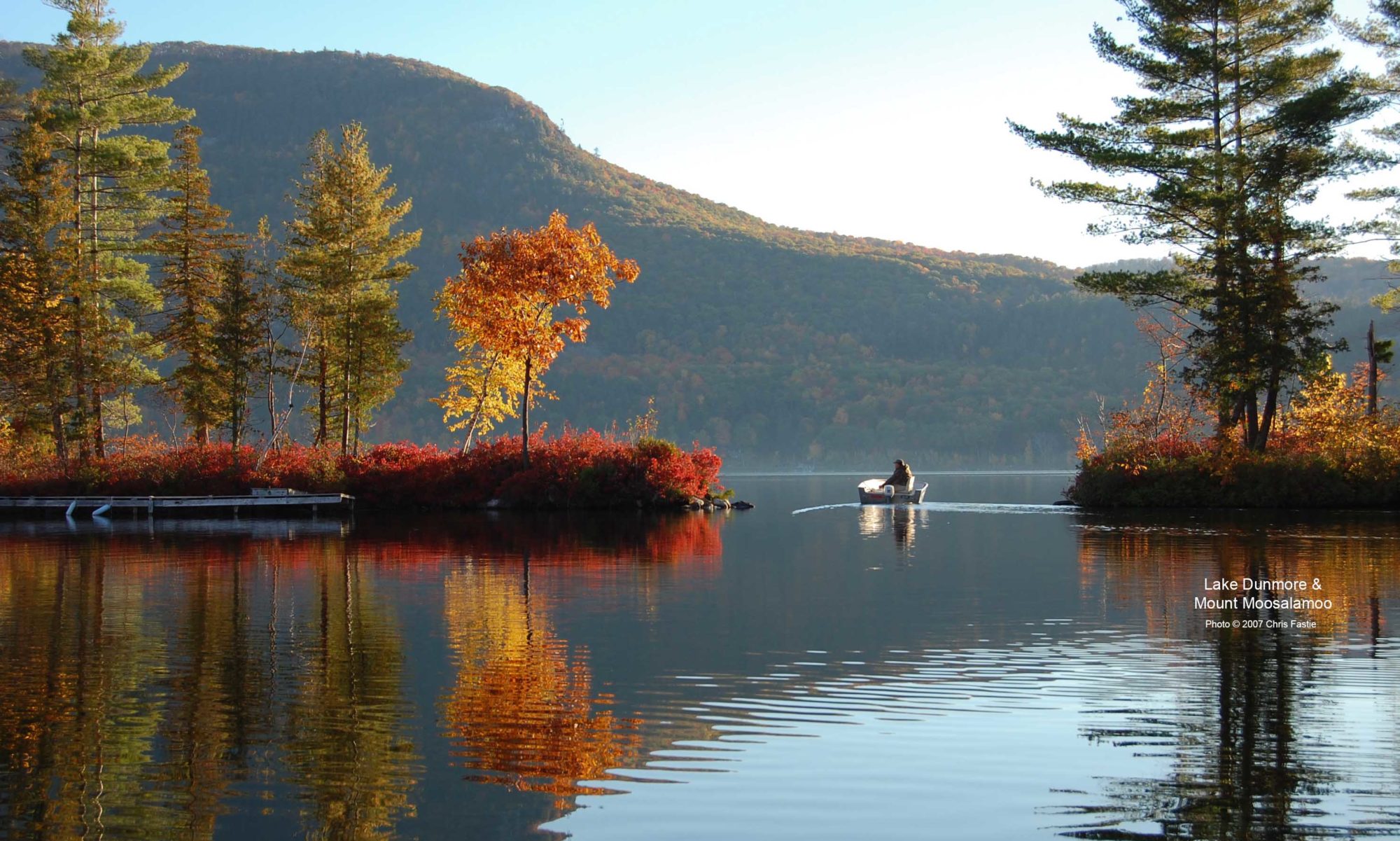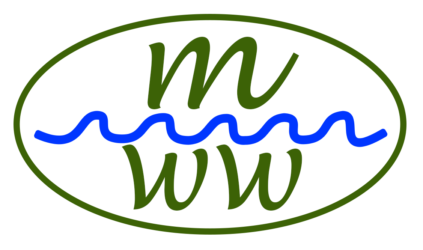There has been a lively recent discussion about mosquito control on the Front Porch Forum for Salisbury, Leicester, Ripton, and Goshen. A common observation made by local residents is that mosquitoes were once a terrible problem in the BLSG district, but since the BLSG-administered roadside spraying began years ago, the mosquitoes are not nearly as bad. The implication is that roadside spraying of chemical pesticides has been responsible for a long-term easing of the mosquito problem.
Evidence from this spring does not support that argument. The last time BLSG did roadside spraying anywhere in the district was June 8 which was 11 days ago when five routes were sprayed. Nineteen days ago, another five routes were sprayed, and 21 days ago seven different routes were sprayed. So as of today, all of the routes in the district have gone for at least 11 to 21 days without being sprayed.
Continue reading “Cause and effect”

